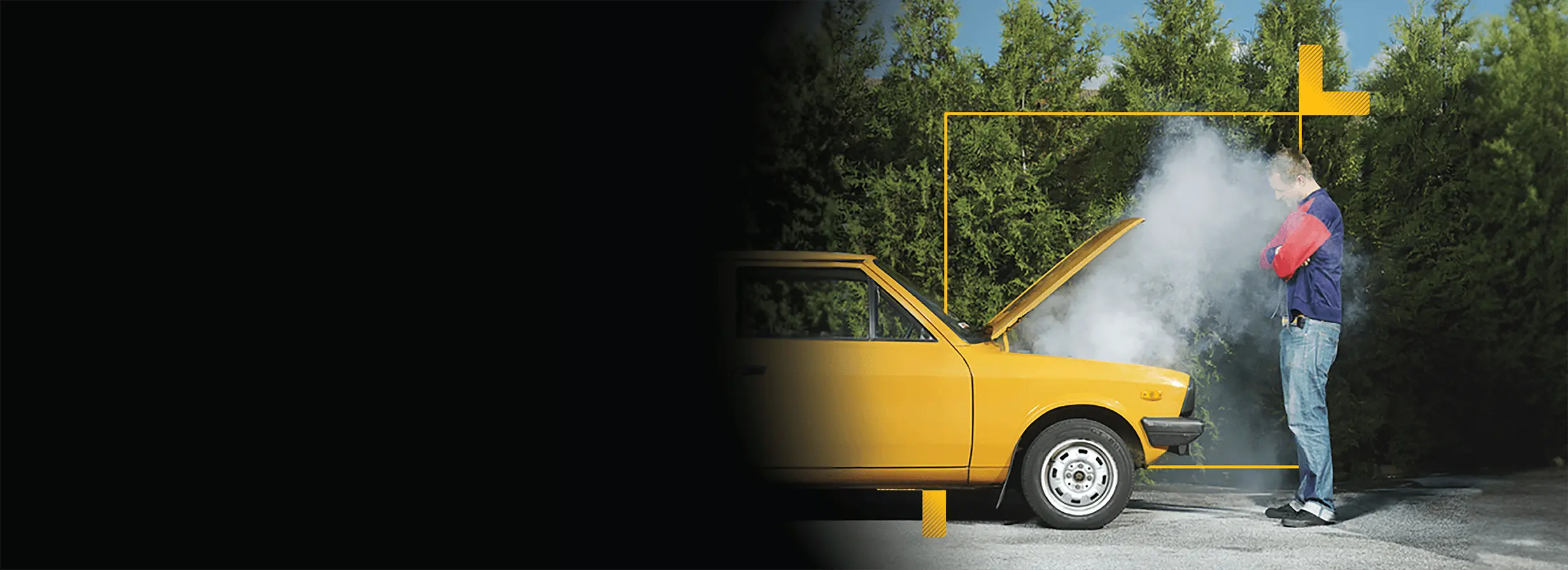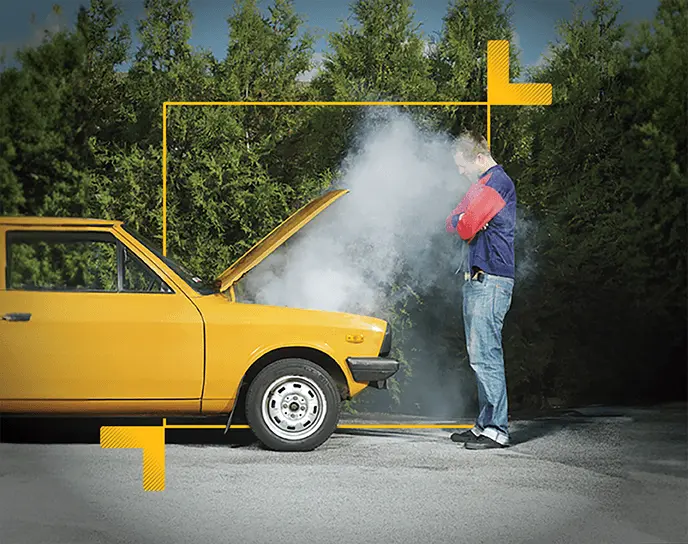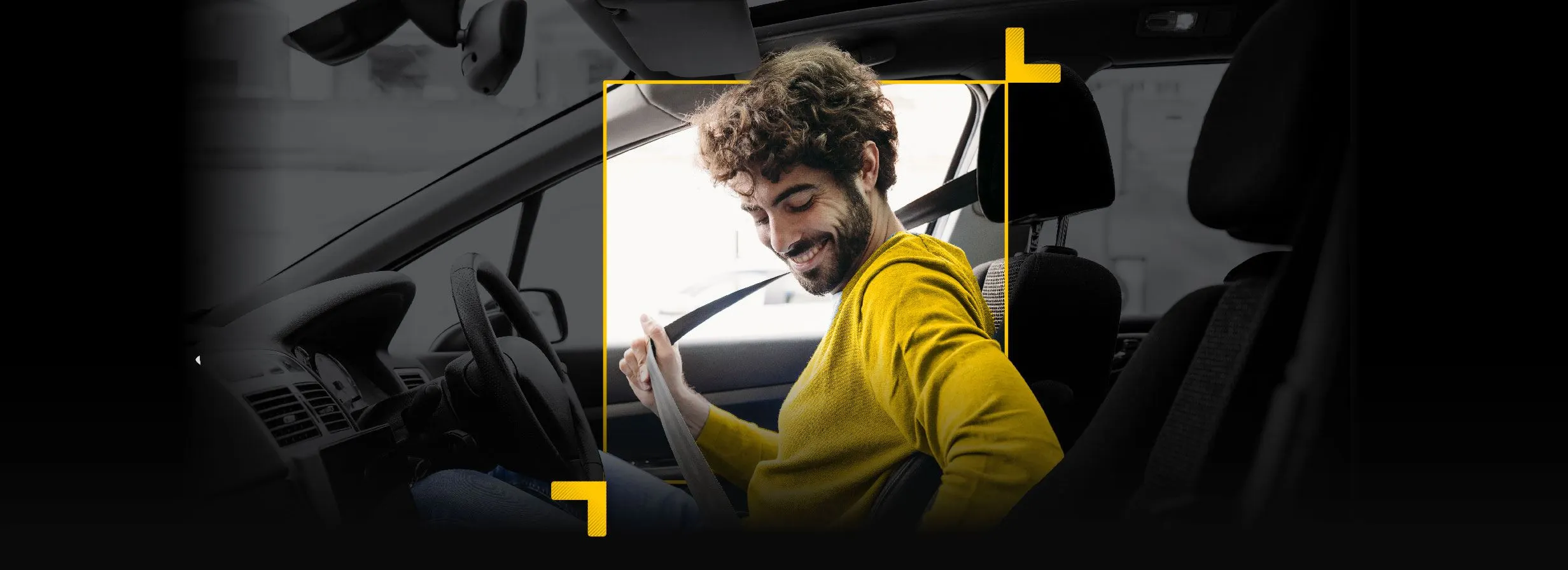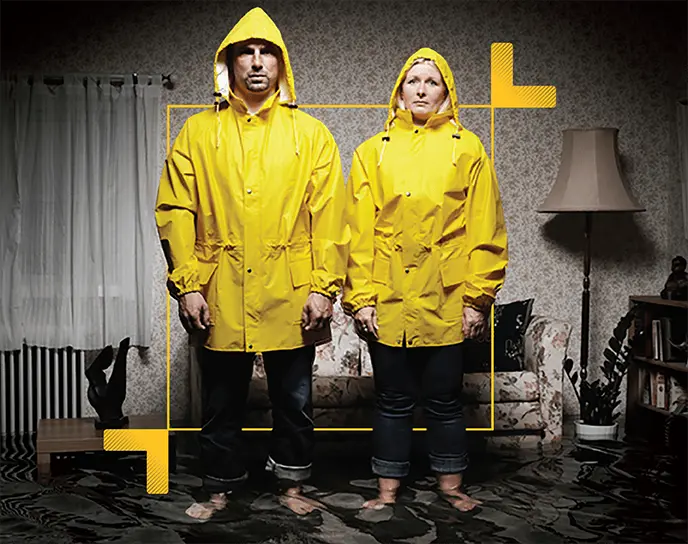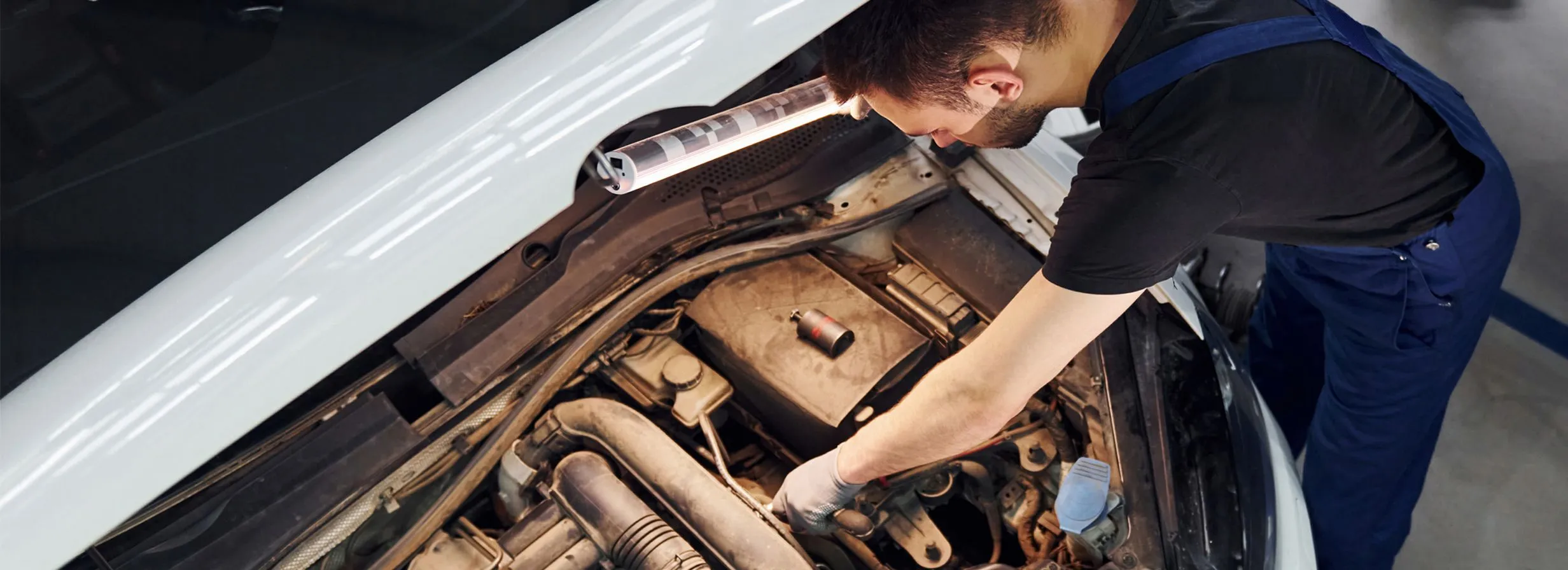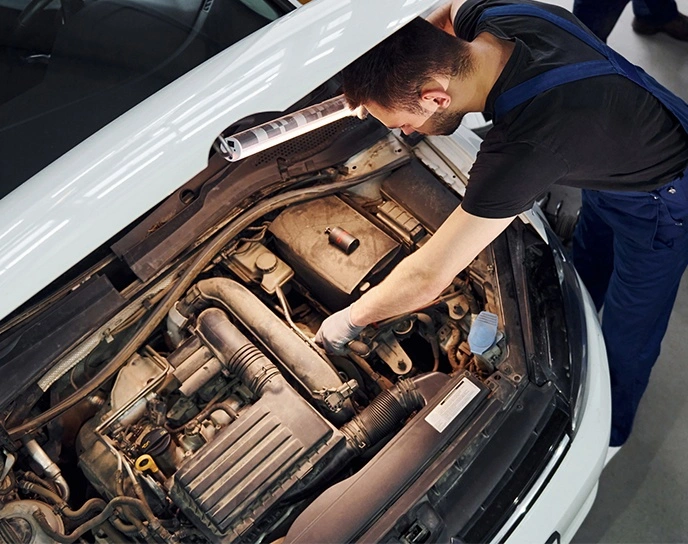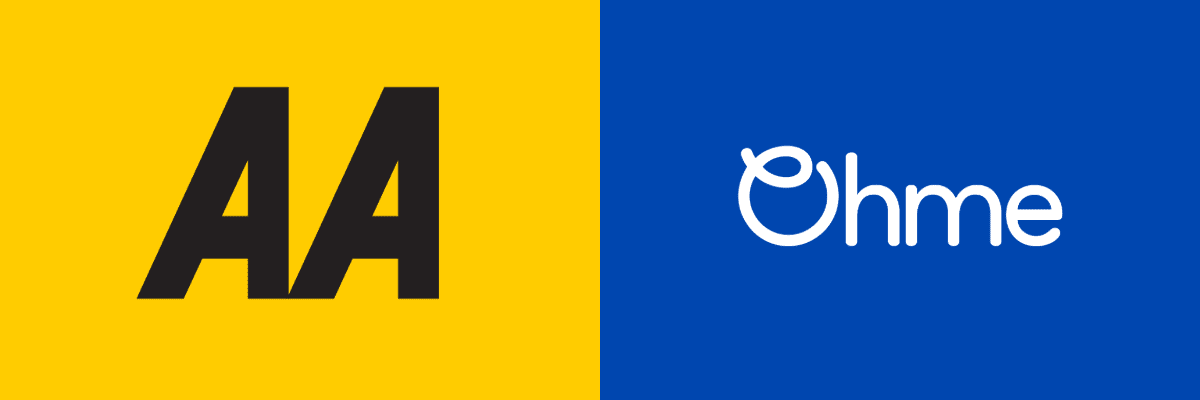AA Car Insurance
*Online discount applies to new motor insurance policies purchased online only. Maximum discount value of €250 incl. fee & commission write off applies. Offer is based on a single upfront annual payment which equates to cover from just €6 a week. Subject to a minimum premium of €306.02. Price is based on a 51-year-old driving a 2013 Volkswagen Golf 1.4 Litre with Comprehensive Cover, Full bonus protection, living in Dublin 8 with a full Irish licence & full no claims bonus and an insured spouse as at August 2023.
⁼Based on recent market research carried out by Consumer Intelligence in July 2023, across a range of leading insurance providers and across 550 risk categories, The AA were ranked number one Car Insurance Broker in Ireland when it comes to competitive prices.
AA Membership / Breakdown Assistance
> This offer is for Roadside Rescue & Home Start cover only & is only available online. Offer available to new customers only. Standard Membership T&C’s apply.
AA Home Insurance
‡ Min premium of €218 & 5 years claims free. €115 discount applies to new business home insurance customers that currently hold an active AA Membership or Car Insurance policy & is only available on policies underwritten by AA Aviva / RSA. New business customers outside of this criteria can obtain a €60 discount. Savings are based on average customer premiums between 01/01/2023 – 30/09/2023. Acceptance criteria, T&C’s apply.
AA Travel Insurance
^AA Travel Insurance Annual Multi Trip Value price covers one adult under 50 to Europe with private medical insurance. AA Ireland is tied to Inter Partner Assistance SA for travel insurance policies.





